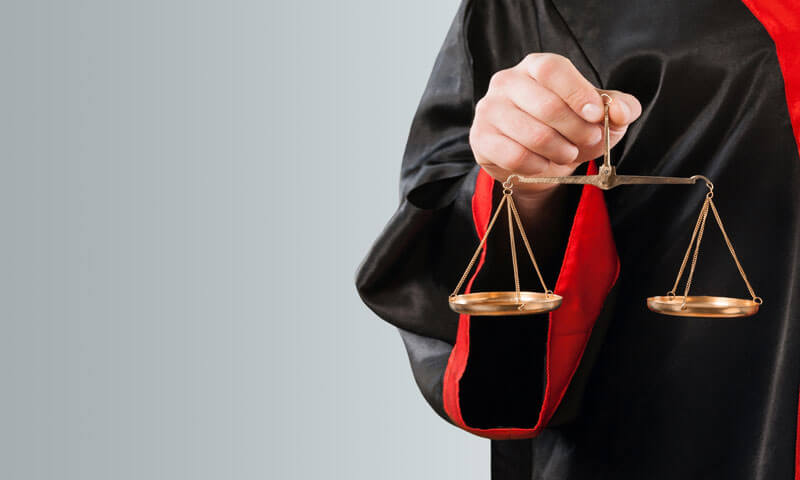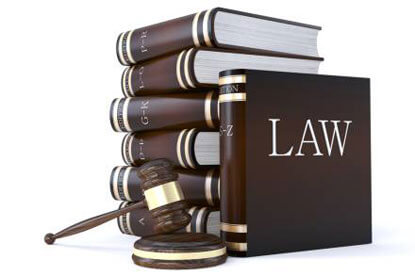U.S. District Judge Steve C. Jones of the Northern District of Georgia has undertaken the task of promptly adjudicating a request by former White House chief of staff Mark Meadows. The request pertains to the removal of a criminal racketeering case against Meadows from Fulton County, Georgia, to federal court. While assuring an expedited but fair ruling, Judge Jones is set to evaluate the contention put forth by Meadows that the charges against him are linked to actions executed under the purview of federal office.
Notably, this maneuver is not exclusive to Meadows, as several of his co-defendants are concurrently seeking similar removals. The legal backdrop of this case encompasses allegations against 19 defendants, including former President Donald Trump and eight lawyers. The crux of the allegations revolves around purported violations of Georgia’s Racketeer Influenced and Corrupt Organizations Act. The accused are alleged to have engaged in activities aimed at overturning the outcome of the 2020 presidential election.
Judge Jones recently ordered an additional round of legal arguments to ascertain whether the case can indeed be transferred to federal jurisdiction. This specific directive revolves around the nuanced question of whether the criminal acts attributed to Meadows, even if not all of them, were conducted under the mantle of his federal office.
To facilitate the transfer to federal court, Meadows must fulfill a tripartite criterion, as set out by the U.S. Supreme Court in the 1989 case of Mesa v. California. This pivotal test necessitates the following:
- Demonstration of Meadows holding a position as an officer or acting under the authority of the United States.
- Establishment of a connection between the criminal charges and actions undertaken in the capacity of federal office.
- Presentation of a “colorable federal defense” against the charges.
However, experts have opined that Meadows might struggle to meet the first prong of this test. The authors of a Just Security analysis assert that Meadows’ actions might not be perceived as directly related to his official duties due to the constraints imposed by the Hatch Act. This Act prohibits intervention by executive branch employees in electoral processes.
Meadows testified in court, asserting that his involvement was rooted in the performance of his duties, particularly in arranging meetings and calls where Trump is alleged to have pressured election officials to alter the vote results. He contended that he was operating within the bounds of his role as chief of staff.
The core purpose of the said call, as stated by Meadows, was to explore an alternative route for resolving the litigation stemming from the Trump campaign’s election-related disputes. He admitted, however, that political considerations were entwined with their actions.
Reuters, the New York Times, and Law360 have extensively covered Meadows’ testimony. Reuters reported that Judge Jones appeared to harbor skepticism toward Meadows’ argument, questioning whether the U.S. Constitution delineates any role for the president in administering state elections.
If the case is successfully transferred to federal jurisdiction, it could result in an expanded jury pool with a potentially higher proportion of Trump supporters. This assertion is supported by the New York Times. However, such a shift would also entail adherence to distinct procedural rules, including a prohibition on courtroom video cameras.
Despite the change in jurisdiction, state law would continue to apply, precluding the possibility of a presidential pardon for a defendant in a state case that has been transferred to federal court.
As the proceedings continue, legal experts and observers await Judge Jones’ ruling on the removal request, which could have far-reaching implications for the trajectory of this complex case.
Don’t be a silent ninja! Let us know your thoughts in the comment section below.





































